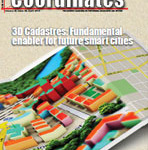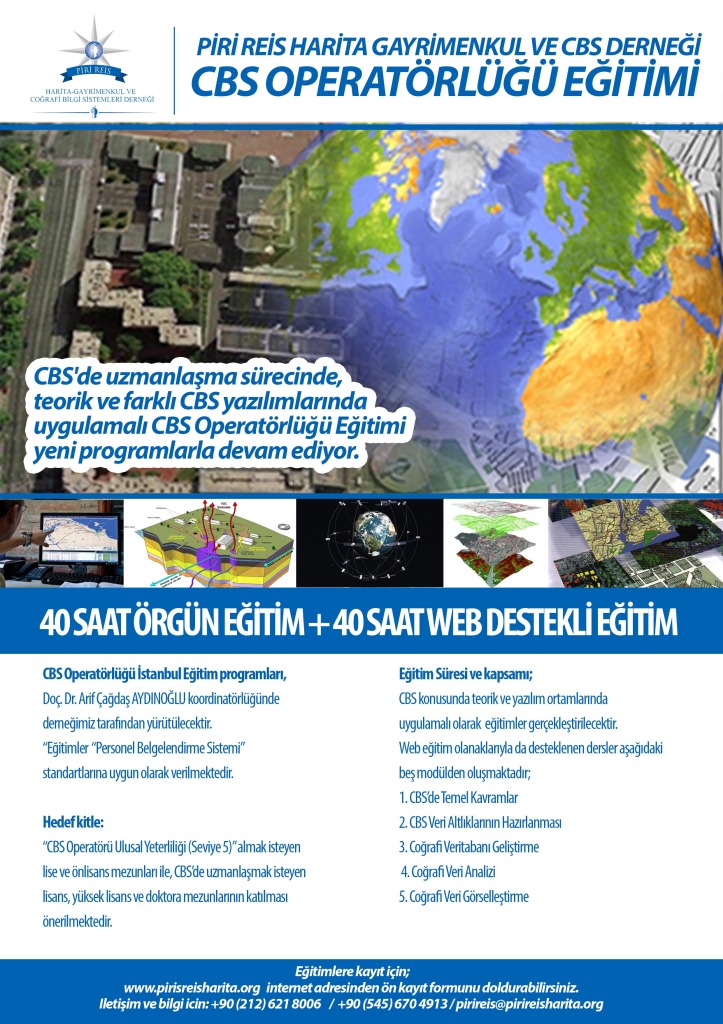FIG Working week 2015, 17-21 May 2015, Sofia, Bulgaria,
GIS based Accessibility Assessment for Public Services: Istanbul Case
Ozan Arif KESİK, Arif Çağdaş AYDINOGLU and Deniz SAĞLAM, Turkey
Key words: Geographic Information System, Accessibility, Transportation, Istanbul,
SUMMARY
The concept of accessibility is significant in accessing to many functions such as works, social facilities, and accommodation in developing urban areas. Transportation facilities and land use of a city affect the daily life of all the individuals dwelling in the city. Development of effective accessibility strategies makes the life of people in cities more habitable. The fact that number of vehicle owners increases result in many problems. Some of these main problems are environmental pollution, parking lot problems, traffic jam and accidents, physical inactivity and obesity.
Accessibility to urban functions must be analyzed and planned firstly in order to have livable cities. Understanding public transportation accessibility is important to encourage shifts to reduce car and using public transportation. There are 14.160.467 people living in Istanbul (Turkey) according to 2013 data. The number of travel is considerably high and private vehicles carry out most of these travels. Access to public transportation will pave the way for the decrease in the number of private vehicles in the traffic.
In this study, Geographic Information Systems (GIS) techniques were used to assess transportation accessibility. Network analyst techniques support determining zone-based, isochronal, raster-based accessibility assessment on transportation network. 9 different metro and train lines of Istanbul that 400 million people travel annually were analyzed as the case study. Thus, approaches for the effective use and planning of transportation infrastructure were examined to reach urban functions.
The congress web site: http://www.fig.net/fig2015/

